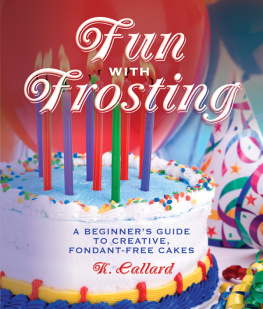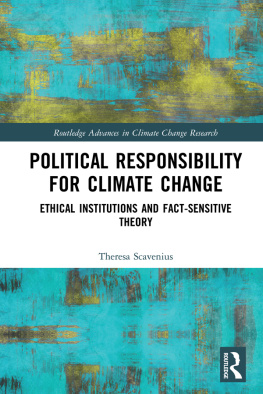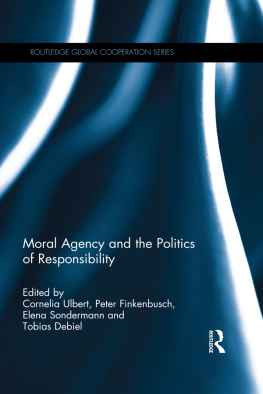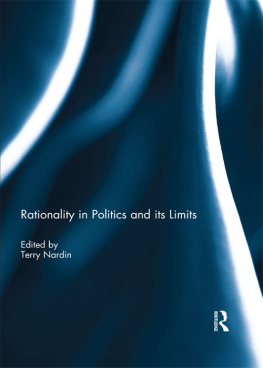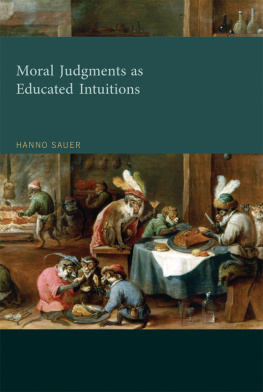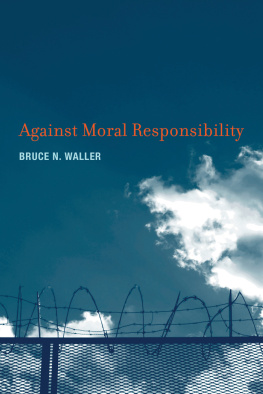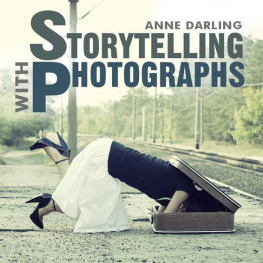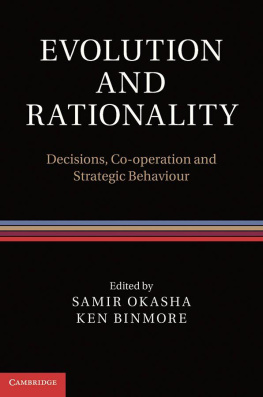ASPIRATION
ASPIRATION
The Agency of Becoming
Agnes Callard


Oxford University Press is a department of the University of Oxford. It furthers the Universitys objective of excellence in research, scholarship, and education by publishing worldwide. Oxford is a registered trade mark of Oxford University Press in the UK and certain other countries.
Published in the United States of America by Oxford University Press 198 Madison Avenue, New York, NY 10016, United States of America.
Oxford University Press 2018
All rights reserved. No part of this publication may be reproduced, stored in a retrieval system, or transmitted, in any form or by any means, without the prior permission in writing of Oxford University Press, or as expressly permitted by law, by license, or under terms agreed with the appropriate reproduction rights organization. Inquiries concerning reproduction outside the scope of the above should be sent to the Rights Department, Oxford University Press, at the address above.
You must not circulate this work in any other form and you must impose this same condition on any acquirer.
Library of Congress Cataloging-in-Publication Data Names: Callard, Agnes, author.
Title: Aspiration : the agency of becoming / Agnes Callard.
Description: New York : Oxford University Press, 2018. |
Includes bibliographical references.
Identifiers: LCCN 2017033630| ISBN 9780190639488 (hardback) |
ISBN 9780190639501 (epub)
Subjects: LCSH: Change. | Becoming (Philosophy) | Practical reason. | Ethics.
Classification: LCC BD373 .C35 2018 | DDC 116dc23
LC record available at https://lccn.loc.gov/2017033630
This book is dedicated to my teacher Amy Kass,
who made her classroom a theater of aspiration.
CONTENTS
PART I
PRACTICAL RATIONALITY
PART II
MORAL PSYCHOLOGY
PART III
MORAL RESPONSIBILITY
The University of Chicago provided the context in which this book could be written. Especially helpful at the final stage were a fellowship I received from the Franke Institute for the Humanities at the University of Chicago for the 20152016 academic year and a workshop attended by my colleagues Jason Bridges, David Finkelstein, Anton Ford, Gabriel Lear, Jonathan Lear, and Martha Nussbaum.
For encouragement and feedback at vulnerable moments in my trajectory, I thank Sarah Buss, Rachana Kamtekar, Kate Manne, Berislav Marui, Julie Tannenbaum, and Steve White. For patient support over the many years that this project has taken to congeal, I thank my editor, Peter Ohlin. For generously providing the beautiful cover art to a perfect stranger (though longtime admirer), I thank the artist Istvan Banyai. Arnold Brooks and Ben Callard read every draft, debated every argument, and helped me think every thought in this book. What clarity it has is due to the fact that Ben fought as hard as he did to remain a skeptic of aspiration. Its optimistic spirit comes from Arnold, who would always help me find my way back to the central idea.
Writing this book, I have relied on extensive firsthand observation of the aspirants who have presented themselves to me both at home and at work. I owe thanks to both constituencies. First, my three children. Abe is such a bundle of outsized aspirations that those who know him have asked me whether this book is based on him. Macabee, who has the gift of feeling deeply and of understanding the feelings of others, is the glue that holds our family together. Izzy, the youngest, is just beginning to come into being, and that is wonderful in itself.
My students have, for the past decade, been leading me to the topic of this book. Perhaps they did not always know they were doing it, and I certainly did not recognize it at first, but it is nonetheless true that they are responsible for not only my faith in the possibility of rational self-transformation but also my conviction in the urgency of demonstrating that possibility to others. In this regard, I owe a special debt to Amichai Amit, Stina Bckstrm, Jason Bern, Gabrielle Bowyer, Noah Chafets, Maximilian Chaoulideer, Stephen Creighton, Danie Dorr, Romelia Drager, Daniel Drucker, Kenneth (Paul) Dueck, Cait Duggan, Alex Elnabli, Josh Epstein, Garrett Fox, Josh Fox, Peter Goldberg, Henry Gruber, Helen Hailes, Alex Hale, Dzan Herba, Kayla Higgins, Mark Hopwood, Julie Huh, Dan Ioppolo, Todd Isenstadt, Ethan Jerzak, Dake Kang, Claire Kirwin, Josh Kramer, Louis Levin, David Lind, Jennifer Lockhart, Michael Malpass, Matt Mandelkern, Anya Marchenko, Olivia Markbreiter, Max (Haney) Maxwell, Jeremey McKey, Maria Mejia, Santiago Mejia, Bodhi (Shane) Melnitzer, Gillian Moore, Parysa Mostajir, Maya Nguen, Rory OConnell, Claire OGrady, Anne (Anastasia) Quaranto, Ajay Ravichandran, Emmett Rensin, Erika Rist, CJ Schei, Gabe Shapiro, Dan Telech, Eric Thurm, Josh Trubowitz, Doug Vaaler, Gareth Walsh, Sam Wigutow, and Sophia Wyatt.
The book also draws on my own experiences as an aspirant, and so it seems appropriate to thank a few of the key players along that route. Among the many things for which I have my parents to thank, I would single out the difficult decision they made to leave their homeland and raise me in the United States. I thank my sister, Kata Gellen, for enduring my earliest and most irritating aspirational efforts, many of which were, for one reason or another, enacted on her. Even as adults, we are still growing up together. Likewise I thank my best friend, Yelena Baraz, for holding tight to me over the years, even as we each twisted, Proteus-like, through a variety of shapes. Finally, I thank my teachers Leon and Amy Kass, who fueled my own aspirations in the same classrooms in which I now do my best to emulate their example.
ASPIRATION
We can all think back to a time when we were substantially different people, value-wise, from the people we are now. There was a time when we were not even aware of the existence of some of the people, activities, institutions, and ideologies that now figure centrally in our lives. Maybe we had different political views or no political views at all; maybe we used to be religious, or used not to be; maybe we now feel deep ties to a place that is spatially, culturally, and linguistically far from where we grew up; maybe we find our interests and concerns resembling those of our parents more than we ever thought they would. We care about many things that we once did not care about. How did that change come about?
In accounting for the genesis of our new values, we often have occasion to mention the effects on us of forces outside our control, such as a fortuitous coincidence, an influential mentor, an inspiring locale, a tragic loss, a bitter betrayal, a domineering parent, the emergence of an innate facility, the process of getting older. Nonetheless, none of these sorts of factors can amount to the whole story. A mentor cannot implant a love of music; the betrayal cannot, of itself, create a devotion to independence; coincidence cannot produce love; being in a culinary mecca cannot make one into a chef; talents do not develop themselves. There is no doubt that our parents, friends, and romantic partners influence us deeply, but they do not fashion us. We have a hand in answering the question as to what things in the world are important to us, and our answers need not be, and typically are not, arbitrary or random. Agency, as distinct from mere behavior, is marked by practical rationality. Insofar as becoming someone is something someone


